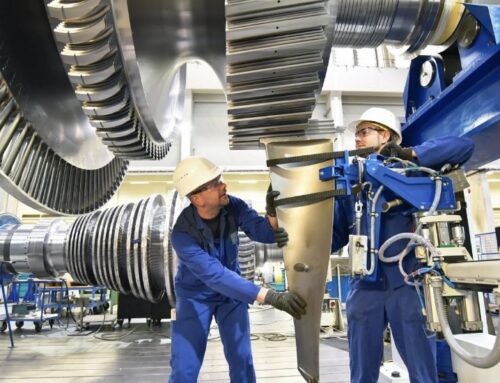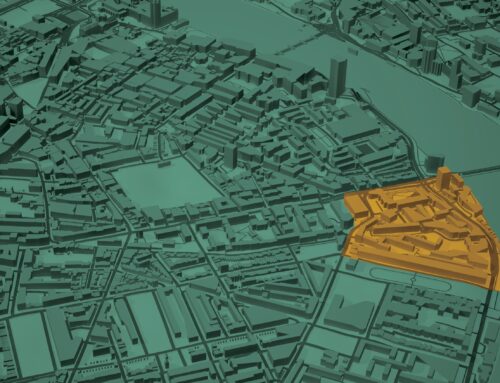When asked how they would rate the economic recovery, voters in states most likely to decide the 2016 presidential race answered: what recovery?
As presidential hopefuls launch their bids to lead the world’s largest economy, they should heed the anxieties many voters feel about the economic climate in their local communities. Most are simply looking for good paying jobs to support their families, but say those jobs are too difficult to find.
And they’re right.
Yet, in the latest jobs report, you will find what appears to be largely positive news. The economy added 280,000 jobs in May, and the unemployment rate stands at only 5.5 percent. Private sector job growth continued its record 63-month streak, and the stock market is at near record highs. Signs of a strong recovery, right?
The underlying truth is much more sobering. The drop in the unemployment rate obscures the steep drop in labor participation. Too many unemployed workers have abandoned their search for work. A large proportion of the jobs added since the recession are of lower quality – and provide lower wages – than those that were lost. Wages remain stagnant, and many communities are trapped in a downward spiral of economic decay. And although new businesses are the source of nearly all of America’s net new jobs, the rate of startup formation has been on a negative trend for over a decade. For the first time in over 30 years, firm deaths exceed firm launches.
This is a fractured recovery at best, and has been made worse by structural issues in our economy that, in some cases, have been decades in the making.
We at the Economic Innovation Group (EIG) wanted to better understand how voters are thinking – and candidates should think – about the economy, its impact on their communities, and the state of their own financial well-being. So, we commissioned a bipartisan survey of 800 likely 2016 voters in eight battleground states. What we found was startling:
· Over five years into the official recovery, a full 40 percent of likely swing state voters believe the country is still in recession.
· 61 percent of voters described the state of the economy as “not good” or “poor.”
· Voters expressed resounding disapproval of Washington’s handling of the economy and, by a four to one margin, are looking beyond Washington for solutions to long-term economic challenges.
· And, while many voters report at least some signs of local recovery, nearly 70 percent believe that good jobs remain difficult to find in their community.
While the results look grim, we did find signs of strong bipartisan agreement –perhaps even hope – when it comes to potential solutions. Our survey found that voters feel strongly that entrepreneurs and investors should take on a larger role in helping solve the country’s long-term economic problems. And, underscoring the impact of the uneven recovery, over 80 percent of voters agree that policymakers should focus their efforts on helping communities hit hardest by the economic recession. Roughly the same percentage supports new incentives to bring private investment to distressed communities and encourage the growth of new businesses, which is the topic of a recent paper by EIG economic advisers Jared Bernstein and Kevin Hassett.
These results point to a void that can only be filled by an ecosystem of thriving entrepreneurship and capital investment. As evidenced by the revitalization efforts in cities like Detroit and Las Vegas, motivated investors and entrepreneurs are proving they can transform cities struggling to overcome economic decay. Fundamentally, Americans are looking to re-awaken our deep-seated innovative and entrepreneurial spirit as an antidote to the prolonged and weak recovery.
To be clear, voters still believe government has a role to play, as long as it works in partnership with the private sector. Across every policy area for which we polled, respondents had more faith in public-private partnerships than either the government or private sector acting alone.
So what does this mean for 2016?
Candidates will face justifiable skepticism when it comes to their ability to deliver answers to the country’s economic woes. The best response is to promote policies that will leverage entrepreneurs and investors in new ways to solve important – but not fundamentally partisan – economic challenges. These include making it easier and less costly to open new businesses, financing infrastructure modernization, preparing American workers with 21st century skills, and reviving communities slowest to recover.
The candidate who spends more time addressing entrepreneurship than partisanship may well be the one with the keys to the White House in 2017.





